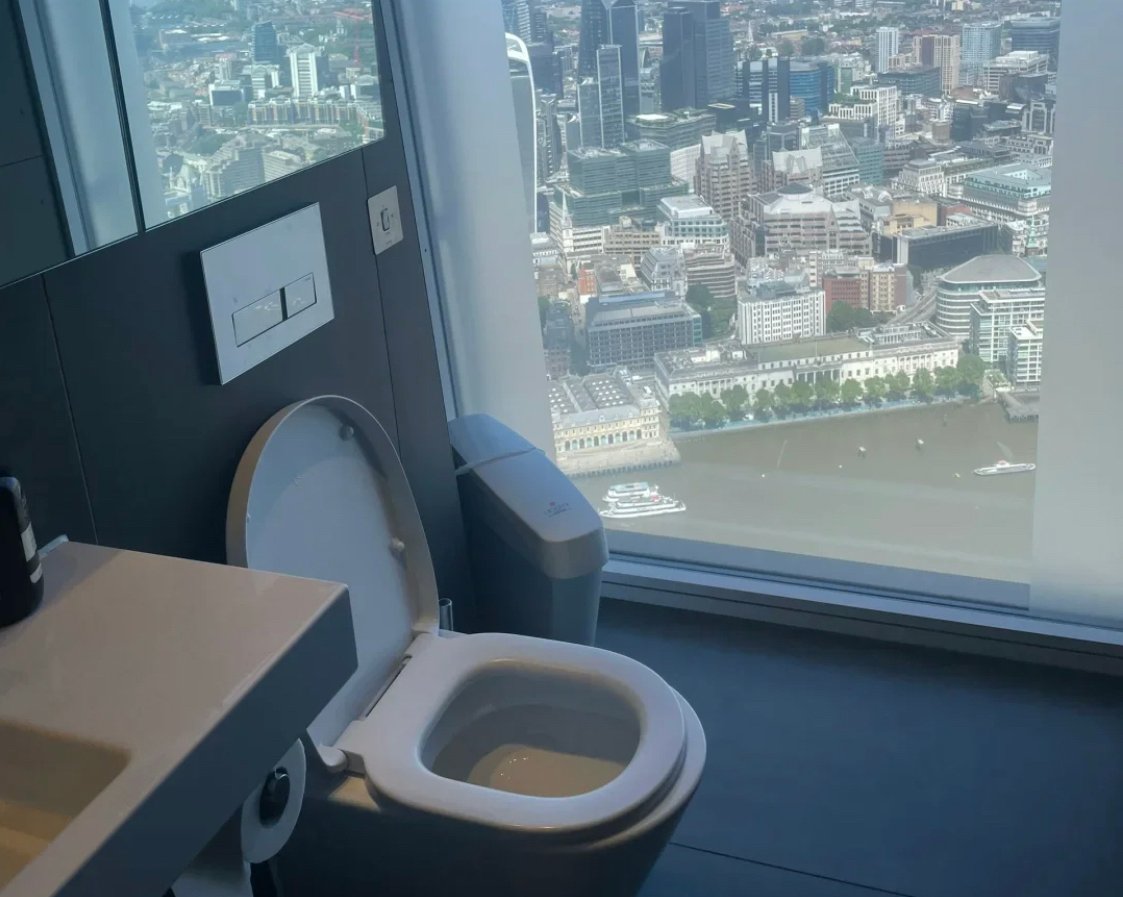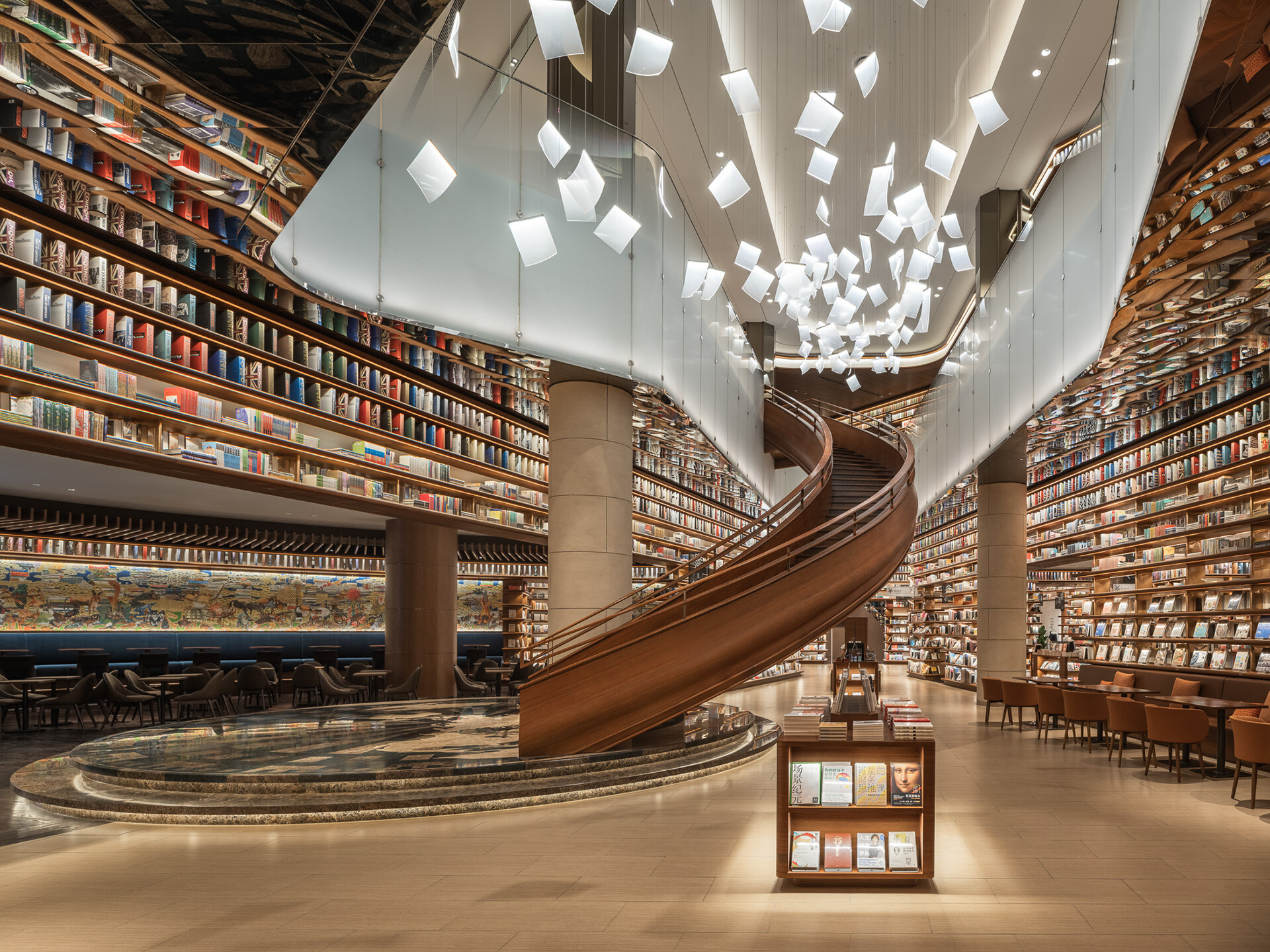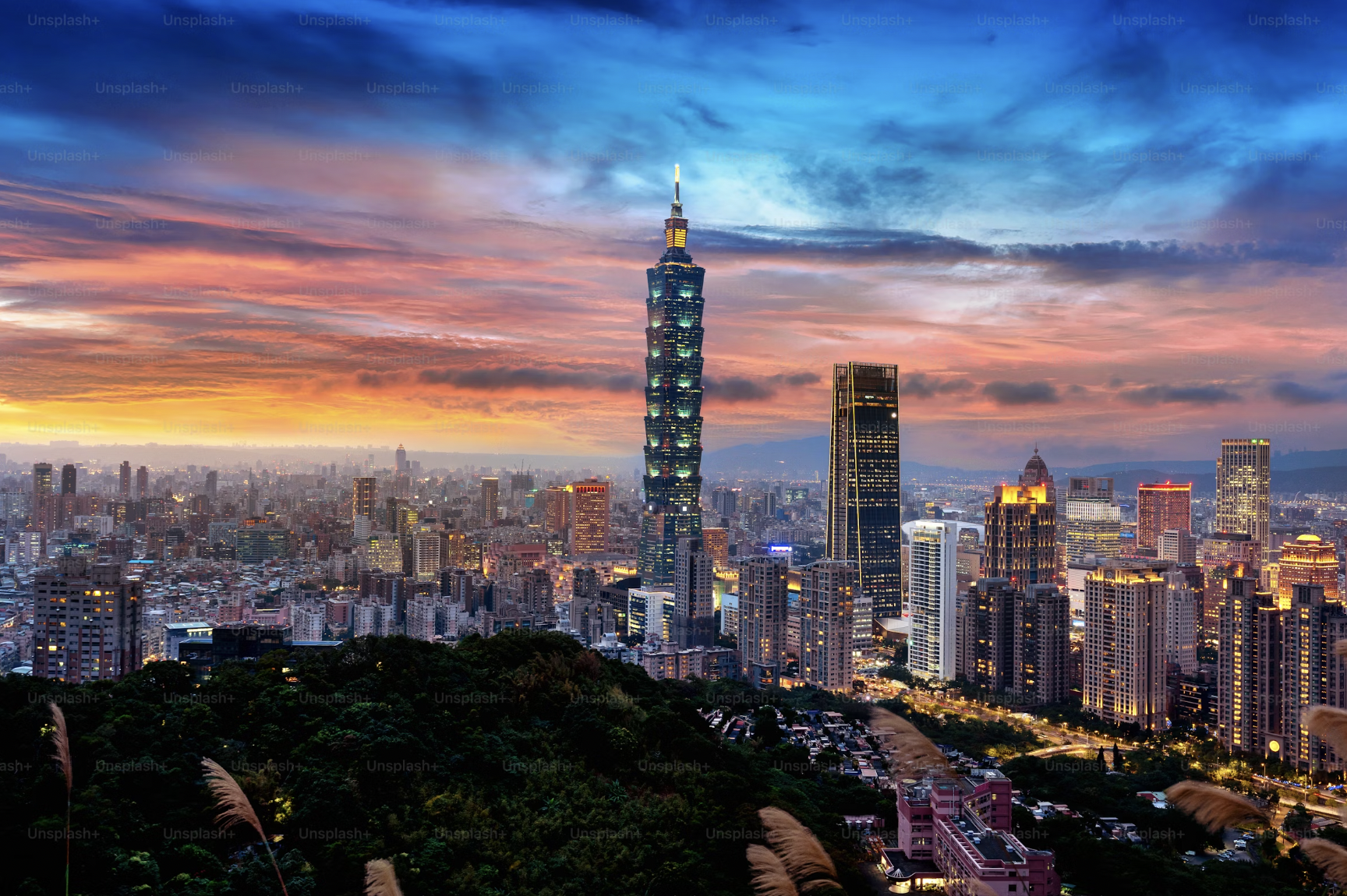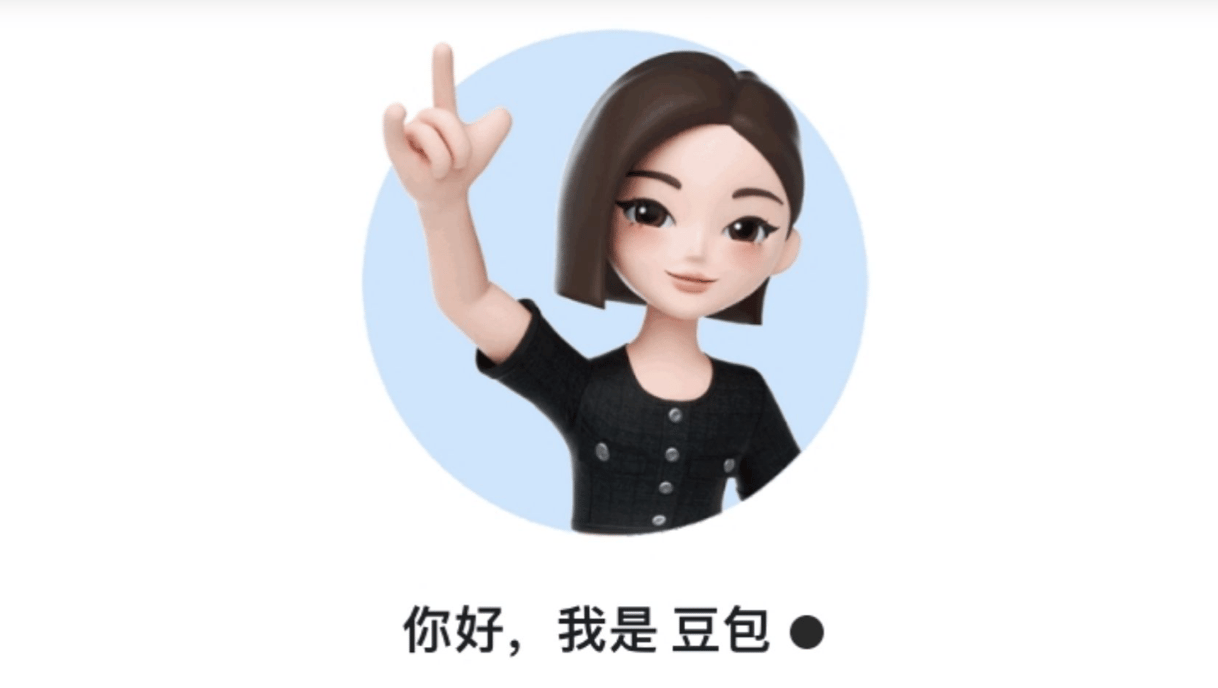Within dark cinema halls, Hollywood once found great success in enticing Chinese moviegoers to open up their wallets. That’s since changed, however, with one expert citing the rise of the local film industry as a driving factor.
“There was an expansion of movie theaters, not only in first tier and second tier cities, but also in third tier cities,” says Professor Hou Yiyang, who specializes in Chinese cinema studies at Hong Kong’s Lingnan University, adding that audiences in second and third tier may be less inclined to read subtitles of the latest Hollywood blockbuster.
In 2023, locally-produced films occupied the top 10 spots for the year’s China box office, with the overall box-office grossing 7.7 billion USD. That marked a significant improvement on 2022 but still continued to lag behind 2019, the last pre-pandemic year, where ticket sales reached over 9 billion USD.
As we near the end of 2024, this year’s biggest Hollywood title has been Legendary’s Godzilla x Kong: The New Empire with 132.2 million USD — according to Box Office Mojo, a website that tracks global box-office figures.
Pre pandemic boom years
The Chinese version of 2012’s sci-fi action thriller Looper, which starred major Hollywood actors including Joseph Gordon-Levitt, Emily Blunt, and Bruce Willis, featured specific scenes filmed in Shanghai, in a bid to appeal to Chinese moviegoers. The film was originally planned to be partially set in Paris, but after Chinese production company DMG Entertainment decided to get on board, the script was changed to bring the action to Shanghai.
Looper provides an illustrative example of how, prior to the pandemic, Hollywood often went out of its way to position its films for success in China. In 1994, China set a quota on the number of foreign films at 10. Around 20 years later, in 2012, that number increased to 34. Films that are co-productions between American and Chinese studios, however, aren’t included in that total.
“If you wanted access to the Chinese market, you had to share your technology and, in many ways, your intellectual property. And so given the size of the market, companies generally agreed to do that,” states USC Dornsife Professor Stanley Rosen, an expert on Chinese films in Hollywood.
Hollywood blockbusters, such as Warcraft, The Fate of the Furious, and Geostorm all grossed signifcantly more in China than they did in the United States. In the case of Warcraft, it performed nearly five times better, representing a reliance of some films on the market. Warcraft made 225 million USD in China.
“I think there was an incredible curiosity, fascination, [and] pent up desire to consume foreign products,” explains Professor Michael Berry, the director of the Centre for Chinese Studies at the University of California.
One notable co-production between Legendary Pictures and China Film Group was Matt Damon’s 150 million USD starrer The Great Wall. The film was a box-office bomb in the US but ended up making in excess of 170 million USD in China, indicating a clear appetite amongst Chinese moviegoers for big budget spectacles featuring foreign stars.

Updated storytelling methods
In October 2018, Sony Pictures released Venom, an origin story based on one of Spider-Man’s greatest foes. Starring Tom Hardy, it went on to collect 269 million USD in China’s box office alone, representing about 31% of what it made around the globe.
As Berry explains, a lot has changed since then. He adds that Chinese audiences are seeing films from their film industry employ Hollywood storytelling methods and visual effects of an international standard, while still presenting stories that their audiences can strongly resonate with.
While the strident Chinese nationalism of 2017 smash hit Wolf Warrior II meant its appeal was mostly limited to local audiences, its explosive action scenes matched those of its Hollywood competitors. To enhance the film’s action, the Russo Brothers, best known for directing Marvel films like Avengers: Infinity War and Avengers: Endgame, were involved as consultants. The pair also arranged for their stunt team to elevate the film’s action sequences.
So how much has the emergence of higher quality Chinese blockbusters changed the market? In 2024, the final film in the Venom trilogy, Venom: The Last Dance, only made 82.8 million USD in China during its first 18 days of release.

Looking ahead
In early November 2024, Donald Trump defeated rival Kamala Harris in the US presidential election.
Experts believe that a second term for Trump in the Oval Office will likely mean that Hollywood will not return back to its glory days in China anytime soon.
But the impact of how much this directly affects China’s box office for Hollywood movies remains to be seen. Berry agrees, “Politically, we are not there yet, and I don’t know when we might get back there, but I think it’s a long road ahead.”
Banner image by Jay Ganglani.
































